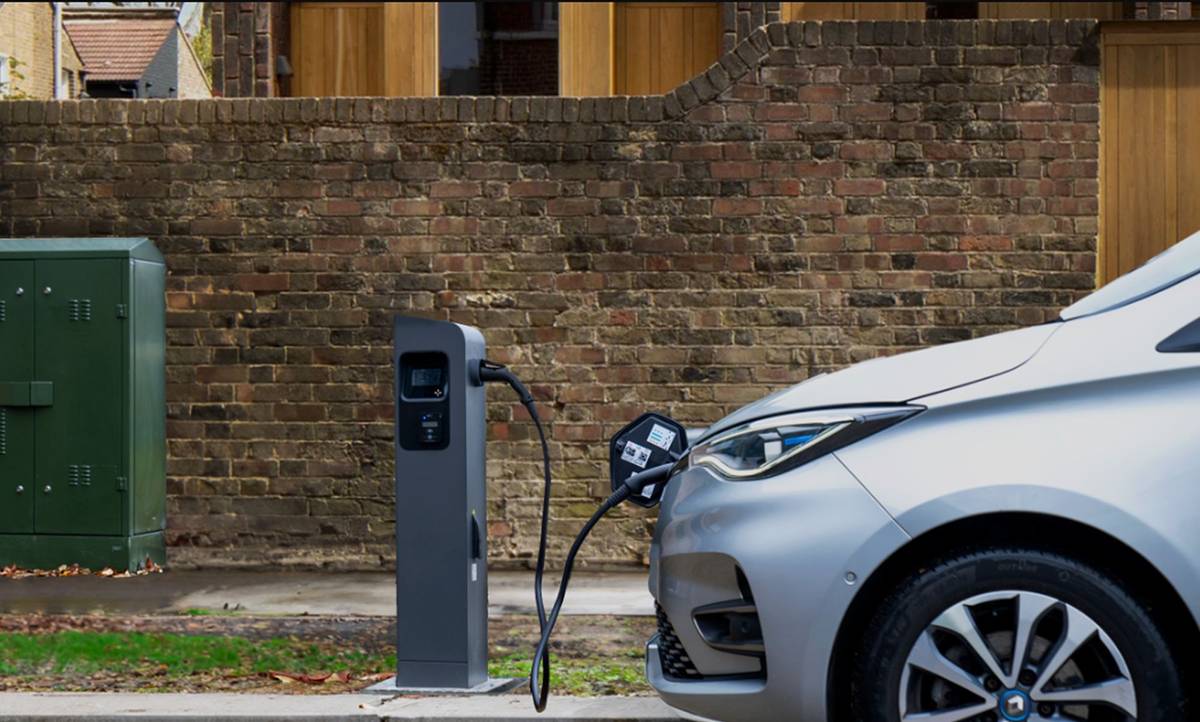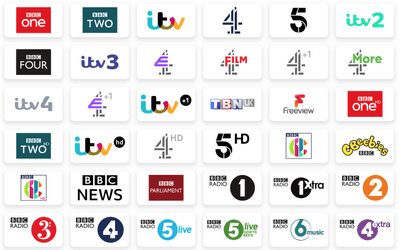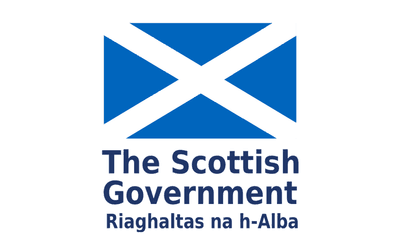These metal cabinets are traditionally used as storage for phone and broadband cabling, but many are facing redundancy because of the old copper phone network switch-off due in 2025. This award-winning initiative by BT is exploring the possibility of repurposing these soon-to-be defunct cabinets from their current use into EV charge points instead.
BT hopes that up to 60,000 street cabinets could be converted and help solve the shortfall in electric car chargers. The government's aim is to increase the number of charging points from 50,000 to 300,000 by 2030. Zapmap (The UK’s biggest EV charge app) figures show nearly a third of all UK charging points are currently in London.
This pilot starting in East Lothian (1 May 2024) is free to residents until 31 May 2024. The project will be rolled out to West Yorkshire next and then plans are to scale up to 600 other trial sites across the UK.
The charging points support a speed of 7.4kW, which offer a full charge in around 4 to 6 hours. Future plans will also involve increasing the capacity of these to make them more rapid. EV drivers can use the charge point by downloading the trial app. The app includes features such as visibility of EV chargers across the UK, real-time pricing, availability and charge speed, the ability to start, stop and monitor charge sessions.
Tom Guy, Managing Director, Etc., BT Group says:
“With our research showing that 78% of petrol and diesel drivers see not being able to conveniently charge an EV as a key a barrier to purchasing one, and the UK behind government-set sustainability targets, it’s critical that we start looking at existing infrastructure to drive innovation at speed.
These trials present a unique opportunity to tap into existing assets to drive the important transition to electrification in the UK, and we’re proud to be working with local councils in East Lothian and more widely across the UK at this critical stage to play our part.”




